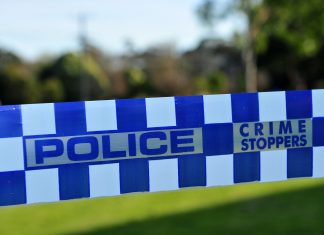DNA from hair samples taken from Indigenous Gippslanders in the 20th century is being studied to reconstruct the genetic history of Aboriginal communities across Australia.
The samples from 14 people from the Lake Tyers Aboriginal mission have been analysed to tell the story of where people came from before they were forcibly taken off country.
The findings will be presented at a forum in Bairnsdale next week.
The Aboriginal heritage project is being run in collaboration with Indigenous communities, the Adelaide museum and Adelaide University scientists.
Adelaide University geneticist Ray Tobler said DNA samples indicated some Lake Tyers ancestors had been brought over from Western Australia.
“We have found west coast DNA in these hair samples but we are only talking about a small sample of a larger population, historically,” Dr Tobler said.
“It looks like there is a history of people affected by colonisation being brought over from the west resulting in a mixture of historical backgrounds.”
About 6000 hair samples were collected from Indigenous communities around Australia in Board for Anthropological Research expeditions between 1926 and 1971.
Anthropologists at the time wanted to collect data from a range of Indigenous communities to understand how humans were related to one another.
Dr Tobler said the descendants of people who had hair samples taken had been contacted by research teams and elders to ask consent to study the DNA.
He said early anthropologists had taken 100 samples from Lake Tyers and, after consulting with families, they had permission to analyse 14 samples.
Dr Tobler said family members had come from across Gippsland, Melbourne and interstate to learn more about the project.
“We want to understand the relationships between the genetics of where people were on the landscape rather than where they were forced to live,” Dr Tobler said.
“This tells us how they got there and how they were related to other groups.”
He said the Lake Tyers DNA findings also correlated with family anecdotes and mission notes at the time about women being taken off country and brought over from the west.
Dr Tobler, himself an Indigenous man, said the findings could help members of the Stolen Generation better understand their own history where records were scant or stories were lost.
He said the study could also help museums return samples to be repatriated back to country.










